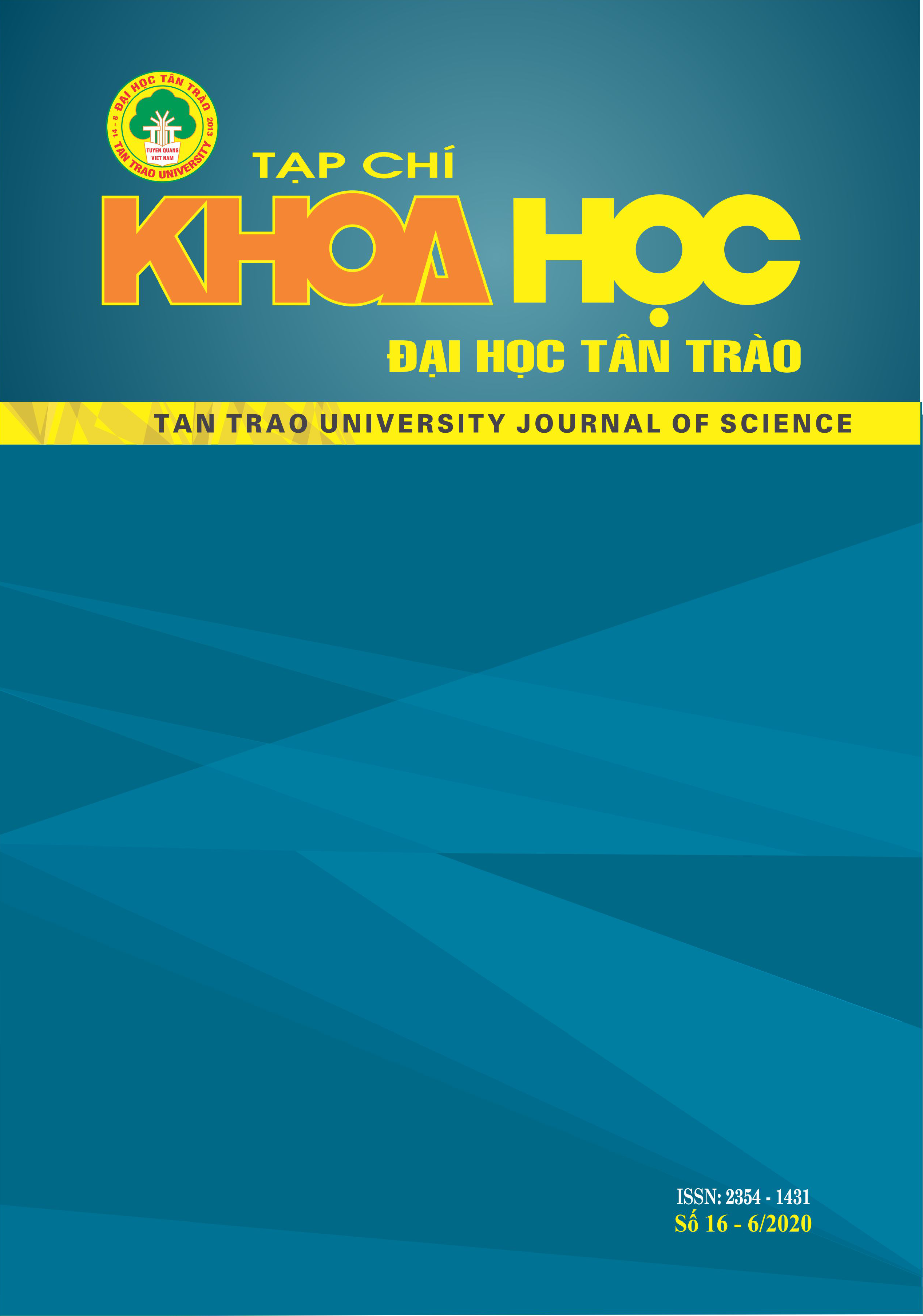Some suggestions to expoit folk magic for tourism
DOI:
https://doi.org/10.51453/2354-1431/2020/325Keywords:
Magic, tourism, guides, belief, mysteriousAbstract
Based on the research on folk magic of ethnic groups in Vietnam, the article offered some suggestions to exploit magic in tourism activities. Accordingly, the knowledge of magic is a rich, interesting guide resource. It also helps guides and visitors learn how to behave like local culture. Magical images and objects can be displayed in museums or used for decoration. Especially, it could become a unique travel product.
Downloads
References
1. Trần Thúy Anh (chủ biên, 2014), Giáo trình du lịch văn hóa - Những vấn đề lí luận và nghiệp vụ, Nxb Giáo dục, Hà Nội.
2. Phan Hữu Dật (2009), “Ma thuật làm hại trong tín ngưỡng các dân tộc”, Tạp chí Dân tộc học, số 7, tr.15-19.
3. Đỗ Thị Thu Hà (2019), “Ma thuật - Khoa học - tôn giáo: một thế kỷ tranh luận của nhân học phương Tây và vấn đề về sự phiên dịch tương đồng”, Tạp chí Nghiên cứu văn hóa Việt Nam, số 3(183).
4. Nguyễn Thị Hiền (2014), “Ma thuật - nhận diện và nghiên cứu trong nhân học”, Tạp chí Nghiên cứu tôn giáo, số 9.
5. Nguyễn Văn Huyên (2017), Hội hè lễ tết của người Việt, Nxb Thế giới, Hà Nội.
6. Lê Văn Kỳ, Thu Loan (2012), Lễ hội nông nghiệp Việt Nam, Nxb Văn hóa Dân tộc, Hà Nội.
7. Hoàng Anh Sướng (2016), Bùa ngải xứ Mường, Nxb Công an nhân dân, Hà Nội.
Downloads
Published
How to Cite
Issue
Section
License

This work is licensed under a Creative Commons Attribution-ShareAlike 4.0 International License.
All articles published in SJTTU are licensed under a Creative Commons Attribution-ShareAlike 4.0 International (CC BY-SA) license. This means anyone is free to copy, transform, or redistribute articles for any lawful purpose in any medium, provided they give appropriate attribution to the original author(s) and SJTTU, link to the license, indicate if changes were made, and redistribute any derivative work under the same license.
Copyright on articles is retained by the respective author(s), without restrictions. A non-exclusive license is granted to SJTTU to publish the article and identify itself as its original publisher, along with the commercial right to include the article in a hardcopy issue for sale to libraries and individuals.
Although the conditions of the CC BY-SA license don't apply to authors (as the copyright holder of your article, you have no restrictions on your rights), by submitting to SJTTU, authors recognize the rights of readers, and must grant any third party the right to use their article to the extent provided by the license.


